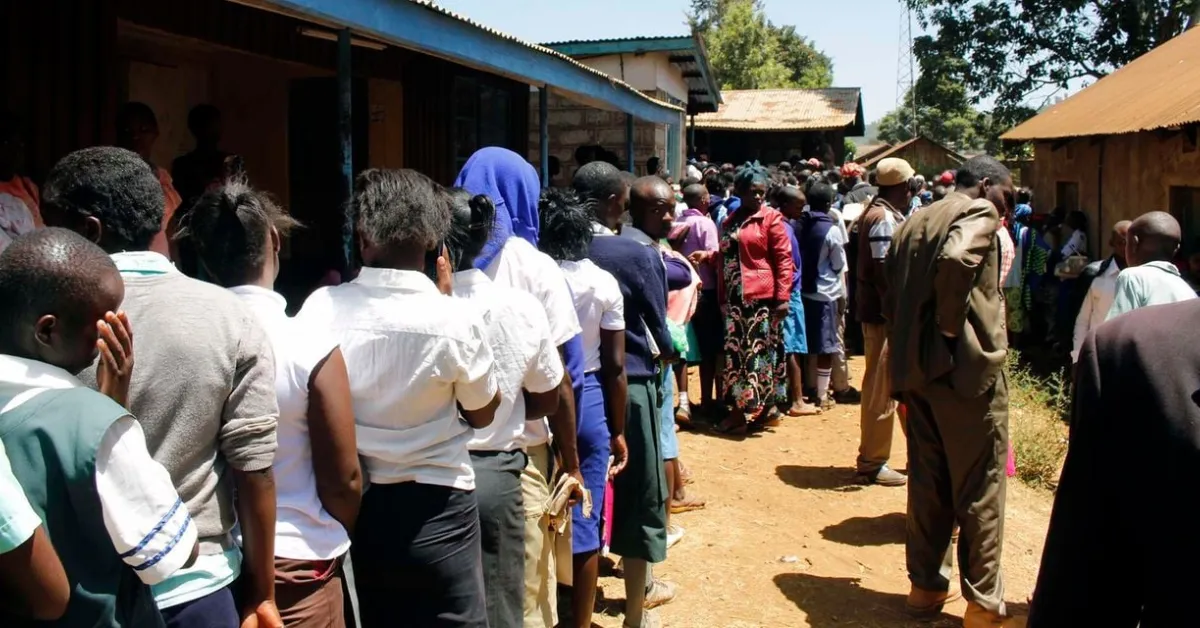A Lifetime ID for Every Kenyan Child: Ending the Era of Unregistered Lives

A global symposium held in Nairobi has called for urgent reforms to Kenya’s civil registration system to ensure all children, especially those born to unmarried and teenage mothers, are officially documented.
From 15 to 17 October 2025, the Fourth Global Civil Registration and Vital Statistics and Gender Symposium brought together government officials and international partners to address gaps in birth and death registration across Kenya. Although the country records an overall birth registration rate of 80 percent, thousands of children remain unregistered, particularly in remote regions such as Turkana and Marsabit.
Without official documents, children face restricted access to education, healthcare, and other essential services. The lack of a legal identity also places them at risk of exclusion throughout their lives. Patrick Kaburi, Deputy Director at the Children’s Investment Fund Foundation, highlighted the practical barriers families face.
“Among the barriers contributing to low registration rates is the long distance people must travel to registration facilities, which is costly and unaffordable to many,” he said.
He recommended that registration be integrated into community health services to reduce these challenges. The symposium examined international models that could guide reforms in Kenya. Thailand’s approach, which assigns a unique 13-digit identification number at birth, was presented as an example of best practice.
This identifier is used across all public services throughout a person’s life, creating a consistent and comprehensive identity system. Kenya, by contrast, maintains separate identity documents such as national ID cards and tax PINs, which complicates efforts to establish a unified civil registration framework.
Ayub Manya, Director of Health Policy, Financing and Digital Health Innovation at the Ministry of Health, noted that while birth registration has made progress, death registration remains below 50 percent. He said ongoing digitisation, including the development of a national health information exchange system, is expected to improve the accuracy and reach of registration data while supporting broader health reforms.
Some progress is already visible in Nairobi County, where birth registration has been digitised through the e-Citizen platform. However, most counties still rely on manual systems, limiting access in rural areas and contributing to significant regional disparities.
Speakers at the symposium emphasised that civil registration is fundamental to ensuring legal identity and social inclusion. Dr Montasser Kamal of the International Development Research Centre said, “Every person registered is counted. Every person counted is visible. When women are not counted, their existence does not count.”
The symposium concluded with a call to scale up community-based registration, expand digital infrastructure and explore unified identity systems to ensure that no child in Kenya remains undocumented.














Add new comment